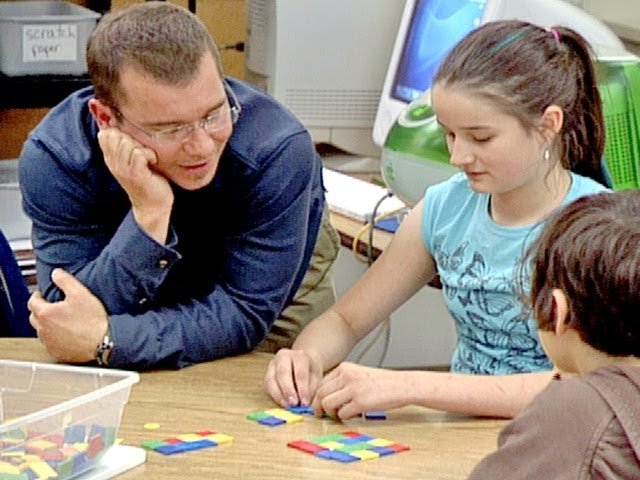Classroom Management Games Effective classroom management is the cornerstone of a productive educational environment. It involves establishing clear expectations, maintaining order, and fostering a positive atmosphere conducive to learning. Without proper management, even the most well-designed lesson plans can falter, leading to disruptions and diminished educational outcomes.Classroom Review Games
The Role of Games in Classroom Management
Incorporating games into classroom management strategies offers an innovative approach to maintaining student interest and promoting desired behaviors. Games provide a dynamic and interactive platform for reinforcing rules, encouraging participation, and building a sense of community among students. By gamifying aspects of classroom management, educators can create an engaging learning environment that motivates students to adhere to expectations.Teach Create Motivate+1The Art of Education University+1
Benefits of Using Games for Classroom Management
Enhancing Student Engagement
Games inherently capture students’ attention and foster enthusiasm for learning. By transforming routine tasks into interactive challenges, educators can increase student involvement and reduce instances of off-task behavior.
Promoting Positive Behavior
Classroom management games can serve as effective tools for reinforcing positive behaviors. By rewarding desirable actions through game-based incentives, students are encouraged to consistently exhibit appropriate conduct. This approach not only mitigates disruptive behavior but also cultivates a classroom culture centered on mutual respect and accountability.
Fostering a Collaborative Learning Environment
Many classroom management games are designed to promote teamwork and cooperation. These collaborative experiences contribute to a supportive classroom atmosphere where students feel valued and connected.
Types of Classroom Management Games
Behavior Reinforcement Games
These games are structured to acknowledge and reward positive student behaviors. For example, the “Good Behavior Game” divides the class into teams, awarding points for adherence to rules and deducting points for infractions. Such games provide immediate feedback and encourage students to self-regulate their actions to contribute to their team’s success.en.wikiedia.org
Transition and Time Management Games
Transition games assist in smoothly shifting students between activities or subjects. Implementing timed challenges or quick-response games during transitions can maintain student focus and minimize downtime. These games help establish efficient routines and keep the classroom momentum going.
Team-Building and Social Skills Games
Games that emphasize collaboration and interpersonal skills are vital for developing a cohesive classroom community. Activities like “Classroom Connect” or “Tic-Tac-Toe Challenges” encourage students to work together toward common goals, fostering trust and camaraderie. Such games are instrumental in teaching students the value of teamwork and mutual support.Teach Create Motivate
Implementing Classroom Management Games
Selecting Appropriate Games
When choosing games for classroom management, educators should consider the age, interests, and developmental levels of their students. It’s essential to select games that align with classroom objectives and are adaptable to the unique dynamics of the student group. Additionally, games should be inclusive and accessible to all students to ensure equitable participation.
Integrating Games into Daily Routines
To maximize the effectiveness of classroom management games, they should be seamlessly incorporated into daily schedules. Consistent implementation helps establish clear expectations and reinforces the game’s role in the classroom culture. Educators can designate specific times for game activities or use them as spontaneous tools to address emerging behavioral needs.
Assessing the Effectiveness of Games
Regular evaluation of game-based strategies is crucial to ensure they meet intended objectives. Educators should monitor student responses, engagement levels, and behavioral outcomes associated with the games. Gathering feedback from students can also provide valuable insights into the game’s impact and inform necessary adjustments for improvement.
Recap of Key Points
Classroom management games offer a dynamic approach to fostering a structured and positive learning environment. By enhancing engagement, promoting desirable behaviors, and encouraging collaboration, these games serve as effective tools for educators seeking to optimize classroom dynamics. Thoughtful selection and integration of games into daily routines can lead to significant improvements in student conduct and overall classroom atmosphere.
Encouragement for Educators
Embracing innovative strategies like classroom management games requires creativity and adaptability. Educators are encouraged to experiment with various games, tailor them to their unique classroom needs, and remain open to feedback. By doing so, they can cultivate an engaging and supportive educational environment that benefits both students and teachers.Teach Create Motivate+2studentcenteredworld.com+2ClassPoint+2
Frequently Asked Questions (FAQs)
1.Classroom management games can be adapted for all age groups, from early childhood education to high school. The key is to select games that are developmentally appropriate and resonate with the students’ interests and abilities.
2.The frequency of game implementation depends on classroom needs and objectives. Some games may be used daily to reinforce routines, while others might be employed periodically to address specific behavioral goals or transitions.
3. Can classroom management games be used in virtual learning environments?
Yes, many classroom management games can be adapted for online platforms. Digital tools and applications facilitate interactive and engaging experiences that support behavior management in virtual classrooms.Teach Create Motivate+1Prodigy Game+1
4. What if a game doesn’t seem effective in managing the classroom?
If a game isn’t yielding the desired outcomes, educators should assess its relevance, implementation, and student reception. Adjustments or alternative strategies may be necessary to better align with classroom dynamics and objectives.
5. Are there resources available for finding classroom management games?
Numerous educational websites, teacher forums, and professional development resources offer a variety of classroom management games and strategies. Educators can explore these platforms to discover new ideas and share experiences with peers.


